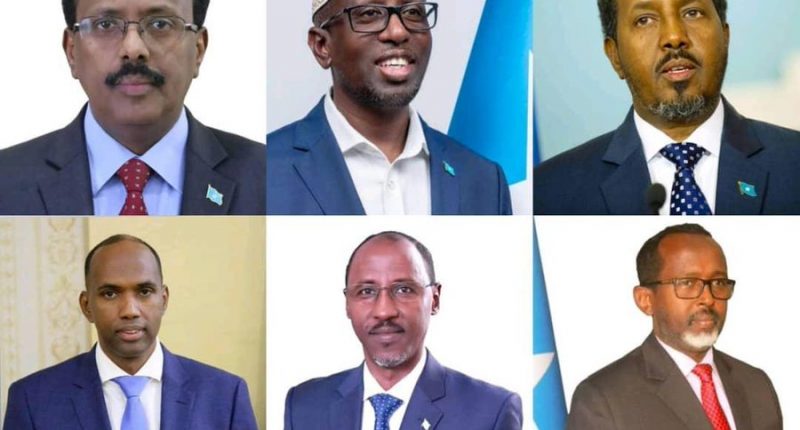Mogadishu (PP Editorial) — In 2016, Puntland State rejected the opportunity to sign up to the election based on the 4.5 power-sharing proposal.
Puntland viewed the electoral model as a violation of the pledge to hold one person, one vote elections in 2017, but supported the election if the same power-sharing system will not be repeated in 2021.
The Federal Government of President Hassan Sheikh Mohamud prepared the enhanced electoral model through which the Upper House had become the second arm of the new bicameral house.
The 2021 election is less onerous than the 2017 elections, in the sense that the same selection process for MPs and Senators will have to be repeated.
But why are the presidential candidates questioning the process that, under the September 2020 agreement, Federal Member States will be granted more powers in process?
It is discouraging that Jubaland demanded the withdrawal of the Somali Army from the Gedo region as a precondition to nominate members of the electoral commission.
Puntland supported Jubaland’s stance in total disregard of the status of the Kismayo-based administration as a representative of a multi-clan Federal Member State.
Jubaland conducted parallel elections in 2019, after rejecting guidelines from the Federal Ministry of the Interior about the selection of MPs.
The outcome of the election placed a question mark over the legitimacy of the Jubaland administration until the Federal Government granted it a lesser tenure than President Ahmed Mohamed Islam claimed on account of the 2019, election results in Kismayo.

The less conspicuous aspect of the electoral deadlock is the emergence of two ideological blocks.
The post-Islamist block is made up of Aala Sheekh and Damuljadiid led by former Presidents Shariif Sheikh Ahmed and Hassan Sheikh Mohamud respectively.
Their allies include other candidates such as Abdirahman Abdishakur, Sharif Hassan, Abdikarim Guled, and former Prime Minister Hassan Ali Kheire.
The other block is led by the incumbent President Mohammed Abdullahi Mohammed, who campaigns on anti-poverty and counterterrorism tickets.
No wonder other presidential candidates have not had time to unveil their election programmes – other than trying to undermine the electoral agreement signed in September.
The incumbent President stands for the sovereignty of Somalia; the protection of national infrastructure against unlawful or underhanded transfers to foreign companies, for creating opportunities for the youth, women and marginalised communities, and the defeat of transnational terrorist groups in Somalia.
What do the rival Somali presidential candidates stand for?
This article first appeared in the © Puntland Post, 2020 and is republished with permission.









